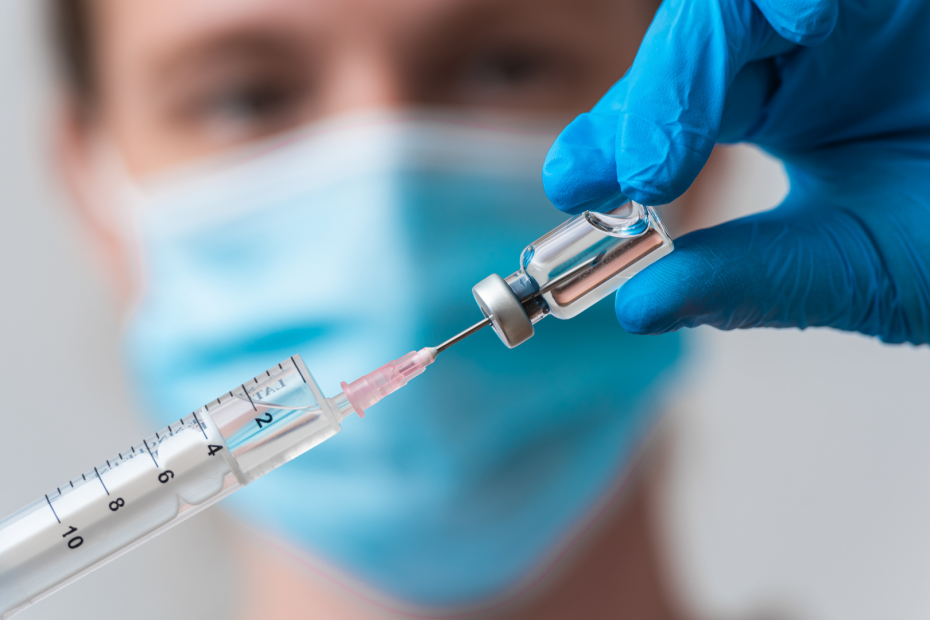Vaccine and vaccination are hot-button topics for many people. Often, when people think of vaccines, they think of those used to protect against deadly diseases such as measles, mumps, rubella, and polio. However, there are vaccines that are used to protect against common diseases such as chickenpox and the flu, and the protection they provide is significantly greater than that of a flu shot. And now, with the pandemic going on, it is highly recommended that you get vaccinated.
Coronavirus is a nasty little germ that can cause a wide range of diseases and illnesses, from common colds to lung problems to even death. It is the most common cause of severe acute respiratory disease worldwide and can be spread easily when a person coughs, sneezes, or touches contaminated objects.
The coronavirus (which can be contracted from exposure to an infected animal) is said to be more dangerous than the Ebola virus. Still, the chances of contracting it are exceptionally low. A new study has suggested that vaccination against the virus, called the coronavirus vaccine (COVID-19), may still pose a risk of exposure. With this, can people vaccinated against COVID-19 still spread the coronavirus? Let’s find out.
Even Fully Vaccinated, You’re Still Not Immune to The Virus
Most people are on the same page when it comes to preventing the spread of diseases. It’s simple: wash your hands, don’t share food or drinks, don’t cross your fingers or shake hands, and don’t hug or kiss anyone you don’t know. But some groups have been slower to embrace these common practices. These groups include people who don’t believe in vaccines and even fully vaccinated people. How?
We can see why the world must be on high alert: if this deadly virus can make its way around the globe, then it surely must be airborne, which means it’s a prime target for the same vaccines that are meant to immunize against other viruses, notably the ones transmitted via air, such as flu and the common cold. Experts are urging people to get the vaccines now that there is a new variant to this virus.
Well, there’s nothing that you can expect from those people who are still unvaccinated. While it is highly expected that those unvaccinated will contact the virus, it is also surprising to know that there’s a rise in the number of positive cases from those who believed they were already fully protected by the vaccine. You see, it takes two weeks after 2nd dose before you can finally achieve the full “power” or immunity against the virus. The problem with other people is that they thought getting the two doses would mean they are indestructible – no longer following the health protocol. This now led us to the present situation of the rise of COVID-positive people.
Can the fully vaccinated still transmit the virus?
As the world gets a little bit closer to the end of the year, the question of whether or not fully vaccinated people can still spread the coronavirus is coming up more and more often. It’s a good thing that we’re all going to be vaccinated against this virus before the end of the year because you never know what could happen in the future.
While it might be a rare case, contacting the virus may also mean that your body’s immunity doesn’t have a good response to the vaccine. This explains why even if you are fully vaccinated, there is still a high chance that you will catch and get covid. Also, you can still transmit the virus to other people.
Suppose a child becomes sick with coronavirus and his or her body hasn’t been vaccinated against the virus. In that case, the person can still spread it to others, according to the World Health Organization. But many people don’t realize that vaccines don’t provide permanent immunity, and the CDC recommends children to get vaccinated. Although there is a very low risk of severe illness for those with vaccines, the CDC says everyone ages 4 months and older should be vaccinated.
So, what’s the use of getting vaccinated when you are still not immune against the virus?
Well, it might be frustrating to some, but you still can’t beat the fact that it is still better to get vaccinated than not at all. Why? It is because if given the chance that you contacted the virus, the effect of the virus will just be mild. Compared to those unvaccinated that will be getting covid-positive, the symptoms that they’ll be getting will be too extreme. They are more vulnerable than you that they have a higher chance of not making it through.
